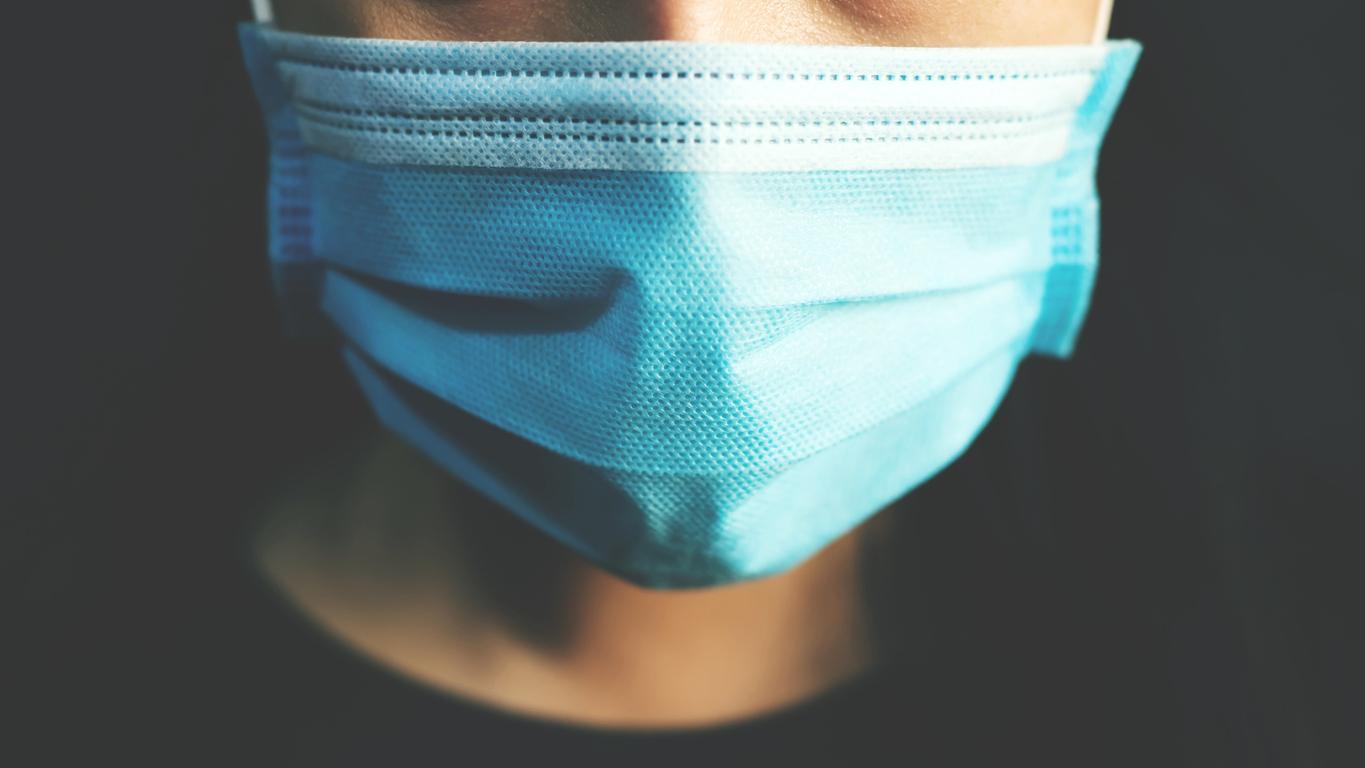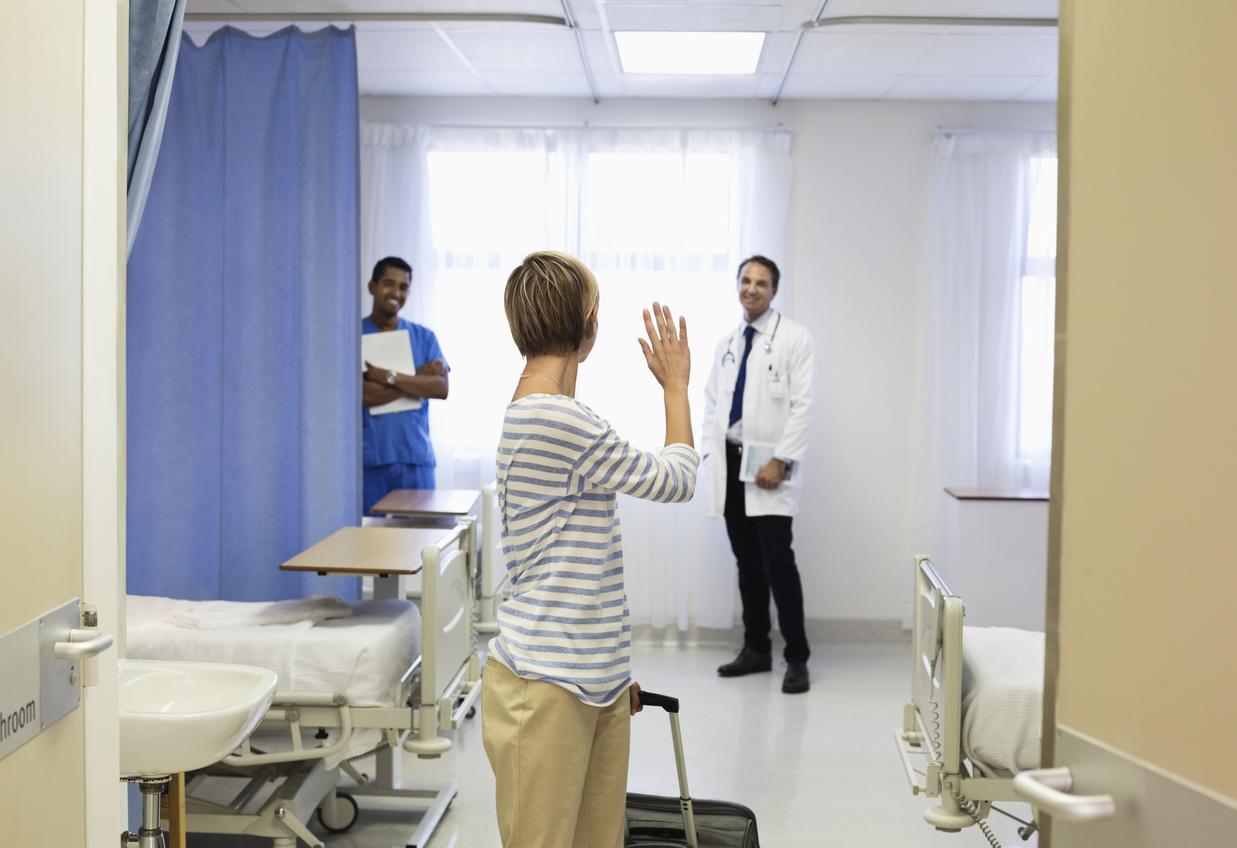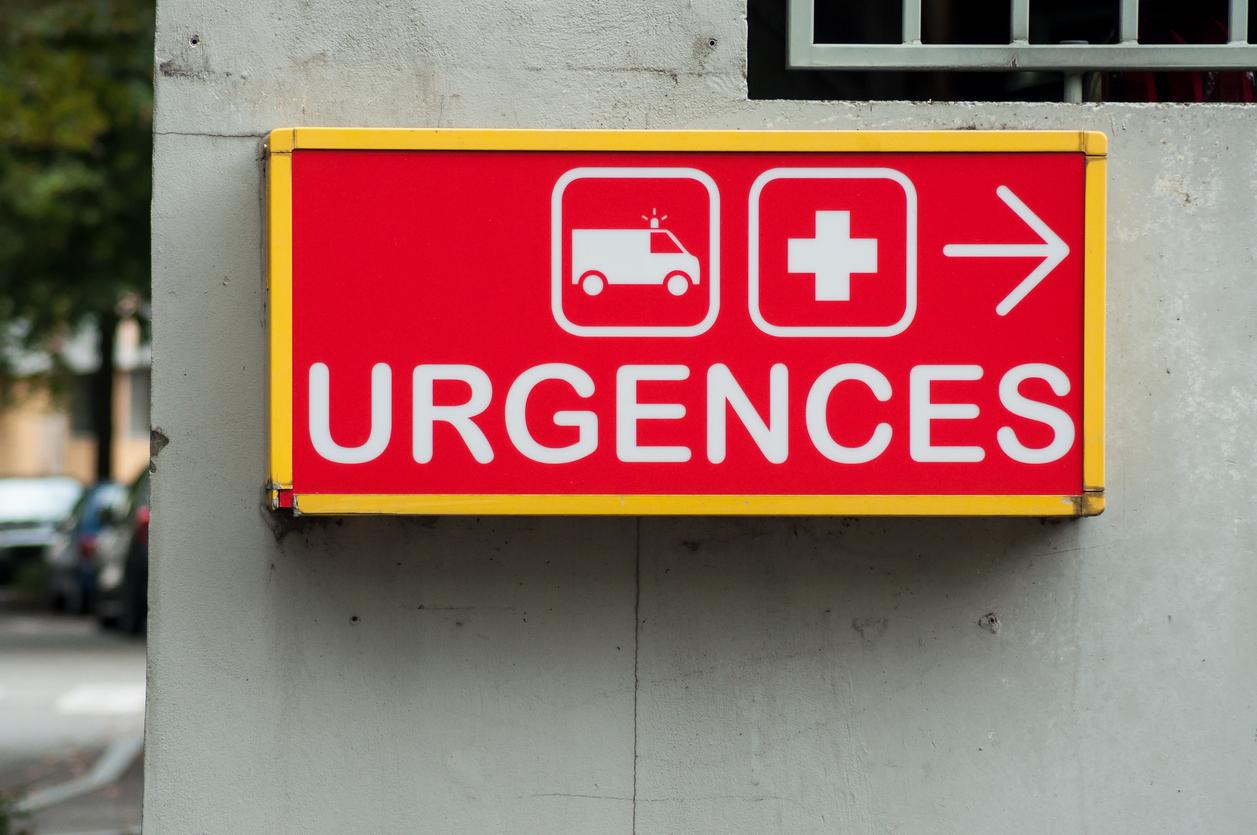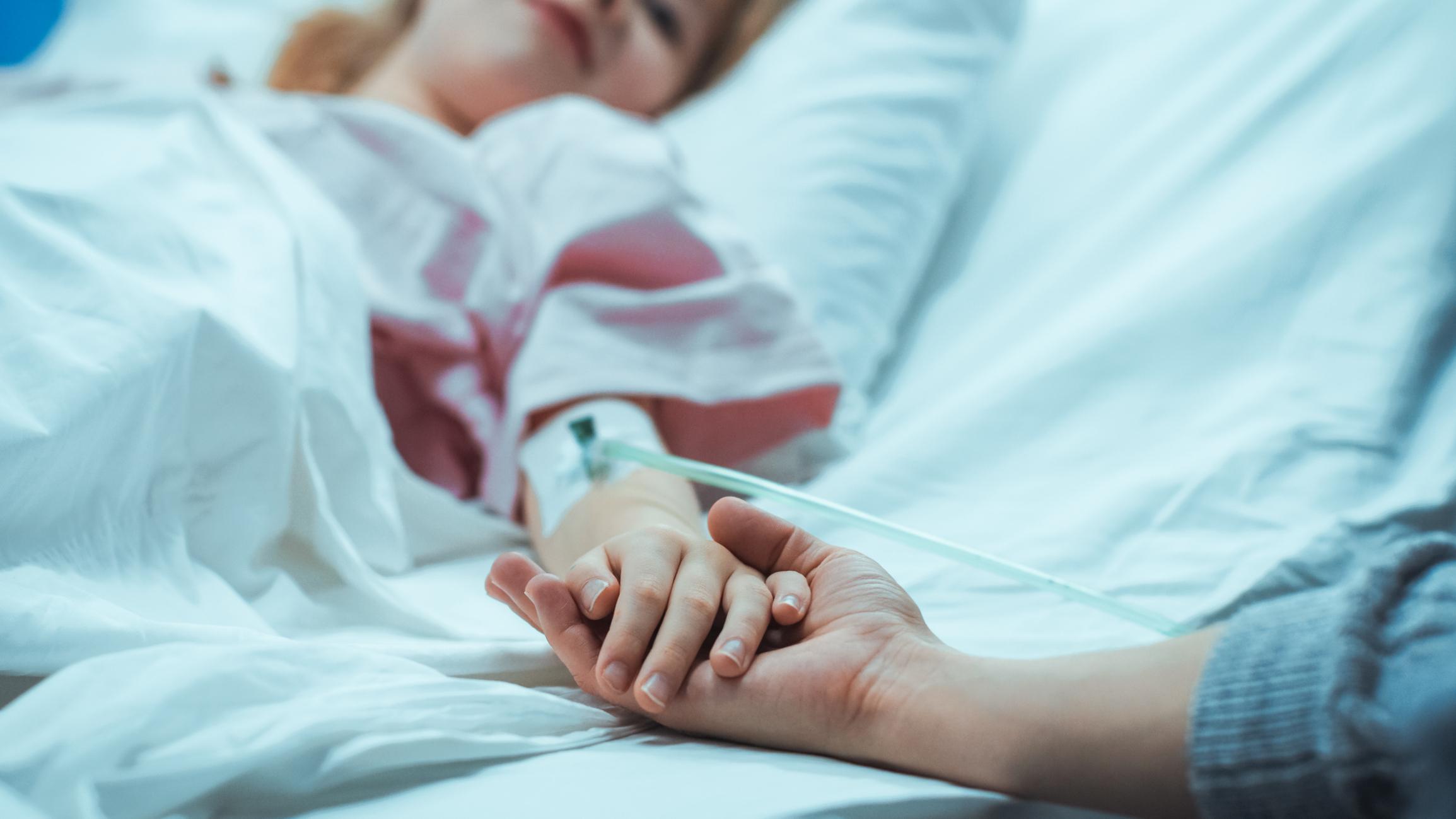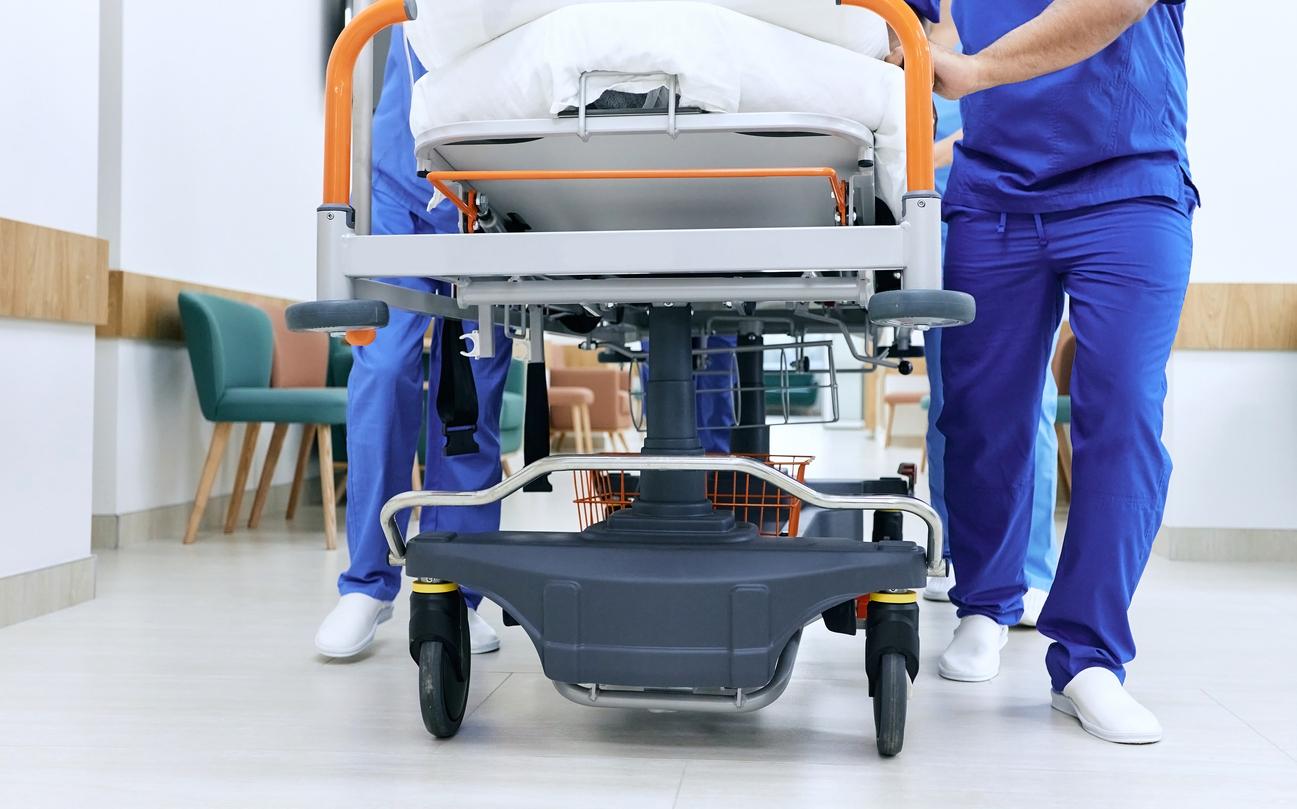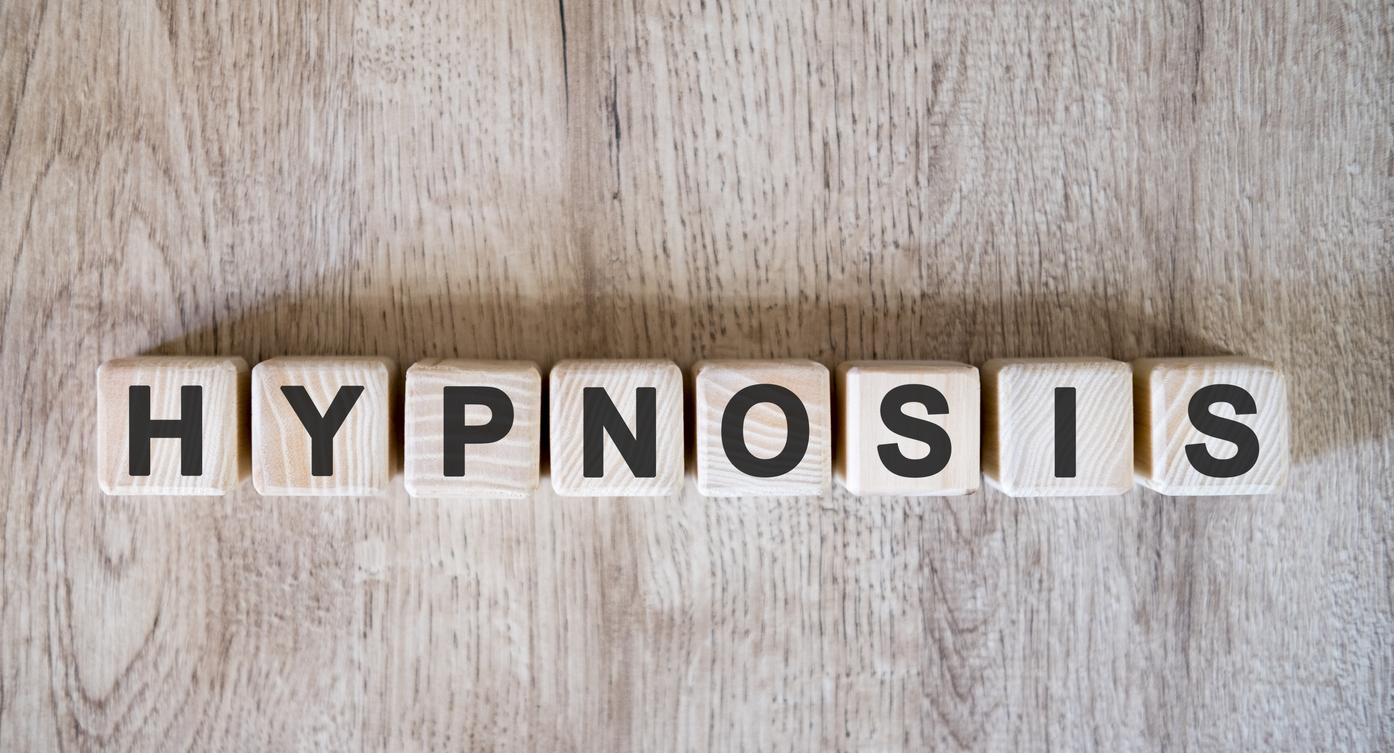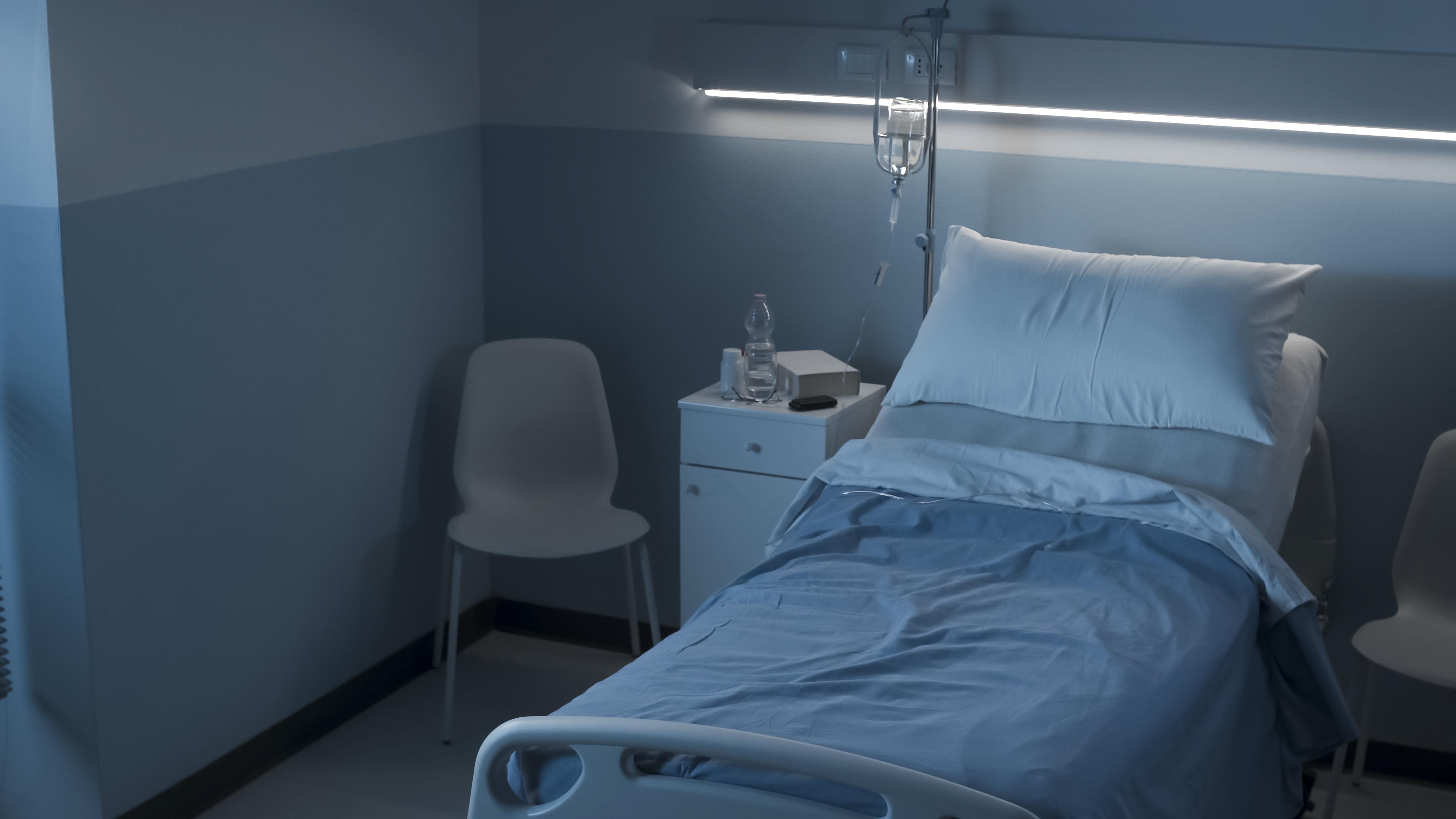More than half of French people (52%) and patients or their relatives (56%) now believe that the risk of contracting a nosocomial infection is high in hospital.

Nosocomial infections can be contracted during a stay in a health establishment (hospital, clinic, etc.) following treatment. To find out if the French fear them, the player in Sterimed sterilization packaging solutions called on the Odoxa polling institute. The objective is to know, through a large study (1), the perception of the French about these infections.
Four targets were thus selected: the French as a whole, the patients, their relatives, as well as during qualitative interviews, nurses and managers of sterilization centers and infection control centers. nosocomial (CLIN). And the results of this first general public study are far from reassuring.
A “high” risk
The study first reveals that 87% of French people say they know what they are (of which 53% “know precisely”), a proportion which even reaches 91% of patients who have been hospitalized over the past two years and their relatives (60% of whom “know precisely”). But above all, more than half of French people (52%) and patients or their relatives (56%) now believe that the risk of contracting a nosocomial infection is “high” in hospitals.
A high figure which is justified by the experiences of our fellow citizens. Even if three quarters of patients or their relatives (75%) felt that good practices to avoid nosocomial infections were followed in hospital, a significant minority (24%) consider that they do not. were not.
Patients are even more than a third (34%) to have been afraid of contracting one during their hospitalization. In fact and despite the implementation of important prevention protocols in establishments, one in five French people has already been confronted with a nosocomial infection, whether they themselves have been victims (5%), or whether one of their loved one was infected (16%).
Information deemed “faulty”
Health professionals, for their part, consider that it is the media coverage of the risks associated with nosocomial infections that accentuates patients’ vigilance. However, they still feel they are poorly informed about these diseases. Whether it is for all French people, as for patients or their relatives, communication on the subject is deemed “faulty”: two thirds of French people (65%) thus judge that hospitals do not communicate sufficiently about these infections, a proportion which reaches 71% for the media and even 81% for the public authorities.
61% of patients and relatives declare that they were not informed by the medical staff of the best practices to adopt to avoid nosocomial illnesses during their last stay / last visit to the hospital.
As a reminder, each year, one in twenty (5%) hospitalized patients contracts an infection in the establishment where they are treated, ie 750,000 infections, responsible for 4,000 deaths in France. Most of the time, they occur after an invasive procedure (urinary or tracheal probing, venous catheter, surgery, endoscopy, etc.). As the term “nosocomial” is reserved for hospitals, experts prefer to use the concept of “infection associated with treatment” to refer to general medicine.
(1) Study carried out on a sample of 1,024 people representative of the French population aged 18 and over, interviewed online on September 1-2, 2016, as well as 1,257 patients and relatives of patients (563 patients, 576 relatives and 118 people having been both patient and close to the patient) interviewed on the internet on September 1, 2, 7 and 8, 2016. Study supplemented by a qualitative section carried out with 7 professionals.
.










